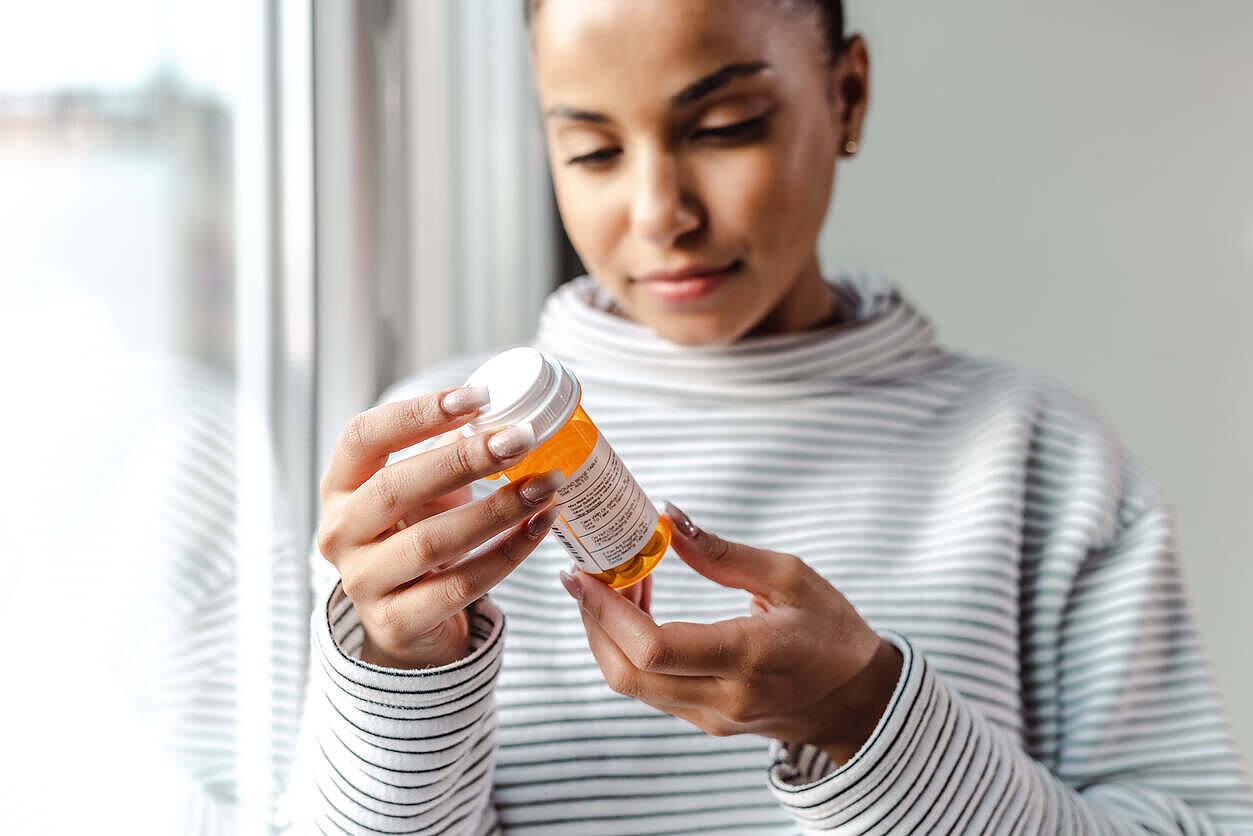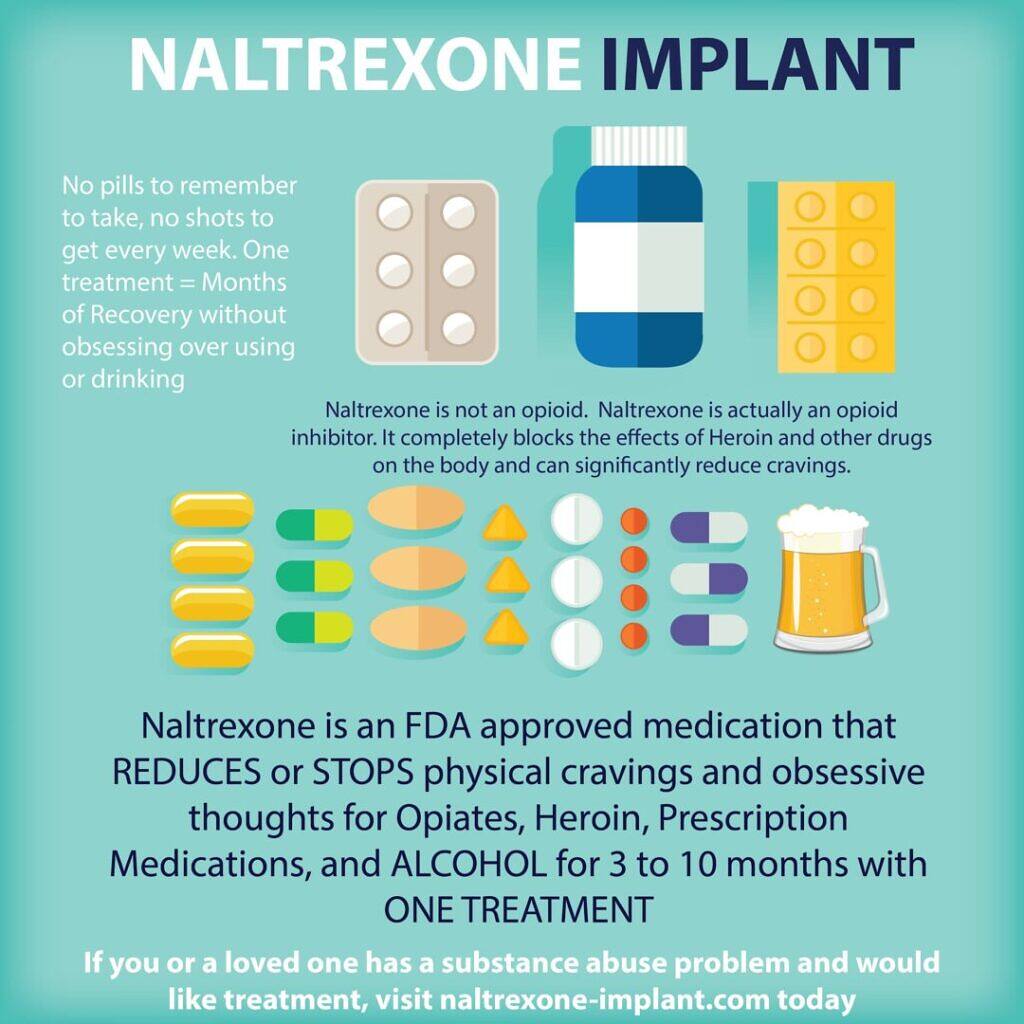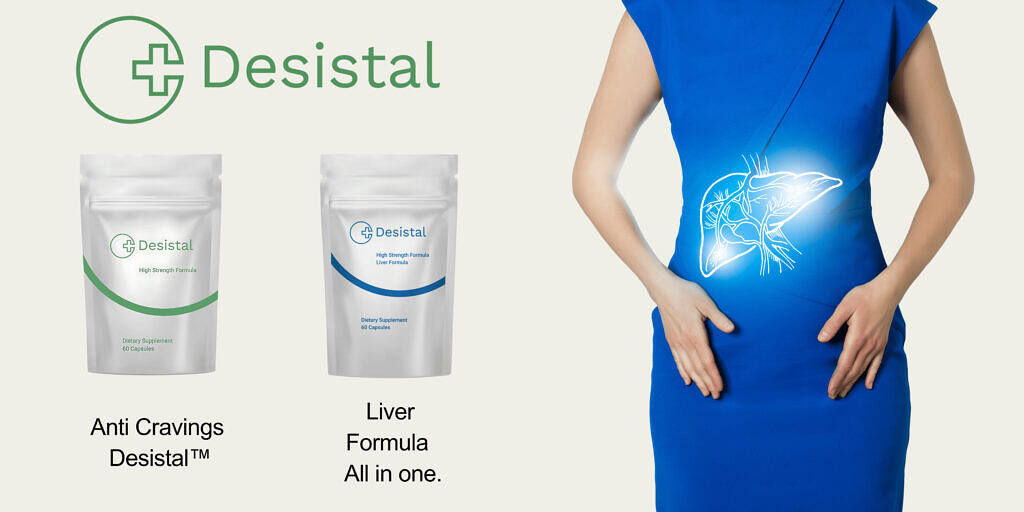
Anti-craving Medications For Alcohol
There is a range of anti-craving medications for people recovering from alcoholism that can help with short and long-term withdrawal. Alcohol addiction is an incredibly complex disease, characterised by a compulsion to drink and an inability to moderate or stop, no matter how great the desire is.
Alcohol cravings can be particularly overwhelming during withdrawal and the early days of sobriety. These cravings manifest as a compulsive need for alcohol and can be extremely hard to resist. Whilst anti-craving medications for alcohol won’t cure alcoholism, they can be a valuable tool that can assist you in achieving sobriety.
Here, we look at the various types of medications for alcohol that help stop cravings and how they work. We also look at the pros and cons of taking such medications and who they are likely to work for. Additionally, we also advise on how to get anti-craving pills for alcohol and the other treatments available to help sustain long-term recovery from alcoholism.

Treating Alcohol Dependency
Before advising you on anti-craving medications, it’s important to understand how to treat alcohol dependency.
There are around 589,000 people who are dependent on alcohol in England, and about 80% of them are not receiving treatment. Alcohol dependency is a very treatable condition, but only when a person recognises that they have a problem and are prepared to make changes in their life.
Only a tiny percentage of people addicted to alcohol return to some form of controlled drinking. The vast majority never regain control due to the long-lasting changes in the brain that take place during alcohol dependence.
Because it is so rare that a problem drinker can return to social drinking once they reach the stage of compulsive alcohol use, most treatments focus on abstinence.
For many people who are alcohol dependent, it is not safe for them to just stop drinking. This is where detox and rehab centres can prove extremely beneficial. They provide the medical expertise and medications necessary to control alcohol withdrawal safely.
Anti-craving medications work for a person who is mildly alcohol dependent or who has already managed to stop drinking and wishes to remain sober.
Quitting alcohol is essential in overcoming alcohol dependence, but it is only the very first step.
Treatments For Alcohol Dependence Include:
- Education: Prevention is always better than cure. Especially as there is no cure for alcoholism, and it often runs in families. Educating yourself and your family members on the dangers of alcohol abuse can decrease the need for treatment further down the line.
- Treatment for mental health illnesses. A quarter of all alcohol-dependent drinkers receive medications for their mental health. Many people with mental health problems, whether it be anxiety, depression, PTSD or even sleep disorders, turn to alcohol as a coping mechanism.
- Family support: When treating a person for alcohol dependence, the whole family will feel the impact of their loved one’s illness. Family therapy sessions and support groups help the whole family to heal and thrive.
- Cognitive and behavioural therapies: These therapies help an alcohol-dependent person to change the way that they think and act. They can provide a valuable defence mechanism against relapse.
- Trauma therapy: Many people who suffer from addiction have underlying traumas that have not been processed. These traumas require professional therapy to overcome.
- Residential rehabilitation treatment: For alcohol-dependent drinkers who are unable to stop drinking in the community, residential rehab provides a safe haven. Residential care also provides all of the therapies and medications required to build a solid foundation for continued abstinence.
- Holistic therapies: Some people do not respond to medication or traditional talking therapies and benefit from a more holistic approach to treatment
- Support groups: Support groups are often necessary for continued recovery from alcohol dependence. They provide a programme of recovery and a safe space for a person to connect with like-minded others.
Understanding Anti-craving Medications As A Tool For Recovery
There are many different types of anti-craving medications for alcohol, and they all work slightly differently. It is important to understand that these medications are not meant to be used on their own. Rather, they are intended to be part of a comprehensive recovery care plan.
Anti-craving tablets for alcohol can work well when they are combined with evidence-based addiction therapies such as CBT, counselling and trauma therapy. It is crucial that you address the root causes of your problem drinking. If you don’t, at best, you may struggle to live a happy and fulfilling life, and at worst, you may stop taking the medications and return to drinking.
If you suffer from an alcohol use disorder, anti-craving medications will only be effective when used in conjunction with a recovery programme. Removing alcohol from the equation is necessary when treating alcoholism, but addiction is far more complex than just a physical attachment to a substance.

Addiction Medicines To Stop Cravings For Alcohol
As alcoholism is a physical, psychological and emotional illness, anti-craving medications will only help by combatting the physical aspect of addiction.
If you are someone who struggles to get sober and experiences frequent relapses in early sobriety, they can be a very effective tool. However, you will still need support from professionals and from others in recovery.
There are several types of anti-craving medications that are commonly used in the treatment of alcohol addiction, and they all work in different ways. For more information on the following medications and how you can access them, please call or email us:
- Naltrexone Treatment: Naltrexone belongs to a group of medicines known as opioid antagonists. They work by blocking the receptors in the brain that are responsible for the rewarding effects of alcohol and narcotics. This addiction medicine can also help reduce cravings and decrease the likelihood of relapse.
- Acamprosate: Acamprosate helps restore the balance of certain chemicals in the brain that are disrupted by chronic alcohol abuse. Acamprosate may also reduce withdrawal symptoms and cravings, making it easier to stay sober.
- Disulfiram: Disulfiram works by causing an unpleasant reaction when alcohol is consumed. This aversion therapy can act as a deterrent and help maintain total abstinence from alcohol.
- Alcohol detox medications: These medications are used within residential rehab centres. They not only help reduce alcohol cravings but also work in minimising alcohol withdrawal symptoms. Detox medications increase the amount of GABA in the brain and include anti-anxiety drugs such as BuSpar (buspirone) and Valium (diazepam). Alcohol withdrawal medications can help to prevent and control symptoms such as nausea, insomnia, restlessness, tremors and alcoholic seizures.
Other Medications That May Be Useful In Preventing Alcohol Cravings
We have looked at the main medications that are frequently used as a treatment in reducing cravings for alcohol. However, there are some other medications that are less well-known and still need to be studied further.
- Topiramate. Topiramate is an anticonvulsant which may be potentially useful in alcohol withdrawal. However, this drug can lead to appetite suppression which is never a good thing for a person that is already malnourished through excessive alcohol use.
- Ondansetron. Ondansetron is a medicine used to prevent nausea in patients undergoing chemotherapy. A pilot study has shown that Ondanstron shows promise in treating the early onset of alcoholism. Ondansetron works by changing intoxication levels when alcohol is consumed. However, much more research is required into its effectiveness as an anti-craving medication for alcohol.
- Baclofen. Baclofen is a muscle relaxant and can, therefore, be helpful in reducing muscle spasms associated with alcohol withdrawal. In meta-analysis studies, baclofen probably helps people with an alcohol use disorder by reducing the risk of relapse and increasing the rate of abstinent days when compared to a placebo. However, Becolfen has many undesirable side effects.
- Ritanserin: Ritanserin is a 5-HT2 antagonist used to treat narcolepsy. In international, double-blind, placebo-controlled clinical trials with 493 detoxified alcohol-dependent participants, Ristanserin was found to have no significant effect on continued abstinence rates.
In addition to anti-craving medications for alcohol, the following can also help in reducing and managing cravings whilst detoxing and in the weeks that follow afterwards.
Supportive Treatments For Maintaining Alcohol Abstinence:
- Supplemental treatments such as Desistal and NAD infusion can address deficiencies caused by long-term overuse of alcohol.
- Vitamins and nutrition: Good nutrition and vitamins can go a long way in helping to reduce cravings for alcohol. Whilst drinking heavily, the body is unable to absorb vital nutrients and becomes depleted. It is essential to address this in early recovery.
- Sugar: Alcohol is naturally laden with sugar, and it can be easy to mistake alcohol cravings for your body missing the high amounts of sugar it has become used to
- Counselling: Counselling and therapy can help you to navigate a sober life and learn healthy coping strategies for dealing with triggers and cravings
- Exercise: Exercise may well feel like the last thing you want to do if you have recently given up alcohol. However, its benefits are well documented. When you initially quit alcohol, anxiety and depression can be overwhelming. This is due to a crash in dopamine chemistry in the brain. You can help to ease these symptoms by taking regular exercise, which naturally releases feel-good chemicals in the brain. Exercise also lowers cortisol levels (the stress hormone) and helps you to feel relaxed afterwards.
- SSRIs: SSRIs belong to a group of antidepressants that increase the availability of serotonin in the brain. For a person who uses alcoholic drinks to combat symptoms of depression and anxiety, these medications can work well alongside therapy.
- Support groups: There are a number of different alcohol support groups available. The most well-known group is Alcoholics Anonymous which offers a programme of recovery for anyone who has a desire to stop drinking. Support groups can help you stay focused on recovery and show you ways of dealing with cravings.
What Causes Cravings?
Research in the past decade has expanded our understanding of how the brain is involved in the use of alcohol and other drugs. Alcohol can be consumed for its pleasurable effects or to alleviate discomfort.
When someone finds alcohol rewarding, they are more likely to continue drinking and consume larger amounts. This is known as positive reinforcement when seeking pleasure and negative reinforcement when trying to relieve unpleasant feelings.
Alcohol and the Brain
When someone drinks alcohol excessively, the brain begins to prioritise alcohol as its primary source of pleasure and dopamine. Usually, healthy habits such as eating food, sex and time with loved ones are positively reinforced by the brain. However, in alcoholism, alcohol overtakes these healthy habits.
Instead, the brain communicates that the person needs alcohol to feel pleasure or to avoid unwanted feelings, cue-induced craving for alcohol.
Craving Specific Medication
Anti-craving medications for alcohol, in the case of naltrexone or disulfiram, prevent alcohol from acting as a reward in the brain. This forces the person to try healthier ways of feeling pleasure or dealing with uncomfortable emotions. Uncomfortable emotions cannot be prevented, but they can be managed. This is why it is crucial that a person taking anti-craving medicine learns alternative strategies through therapy and a treatment programme.
True alcohol cravings are only experienced by the brain when a person is alcohol-dependent and experiencing withdrawal. When an alcoholic person is sober, they can experience a compulsion to drink alcohol. In other words, the brain is communicating its old default setting of using alcohol to change the way that they feel.
Do Anti-Craving Medications Actually Work?
Although psychosocial treatments are effective in reducing alcohol consumption and maintaining abstinence, 40 to 70% of people still relapse within a year following outpatient treatment. This extremely high relapse rate has caused addiction specialists to consider the effectiveness of anti-craving medications for alcohol.
Combining anti-craving medications for alcohol with therapy and a clinical treatment programme can increase the chances of a person staying sober. They can be especially useful within the first year of recovery whilst the brain adjusts to being without alcohol.
Part of Recovery
However, here lies the problem, medication is only effective when you take it as prescribed. And this kind of addiction medicine can only truly work when combined with other treatments to develop a person’s coping skills and improve their well-being. Otherwise, the likelihood is that the person will miss alcohol so much that they stop taking medications and return back to harmful drinking levels. This is likely to happen if they feel their life has not improved as a result of giving up alcohol.
Medications that stop you from craving alcohol can also have side effects, just like any other medication. It is important to undergo a full health check and assessment conducted by a professional before deciding whether or not these medicines could be helpful in your personal recovery.


